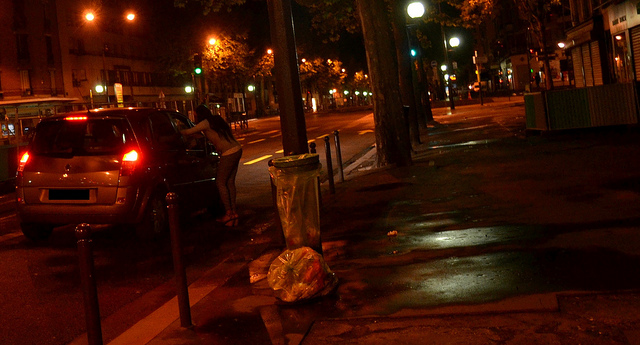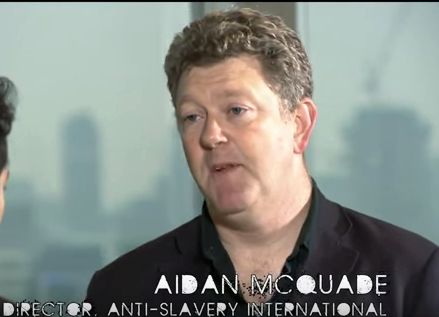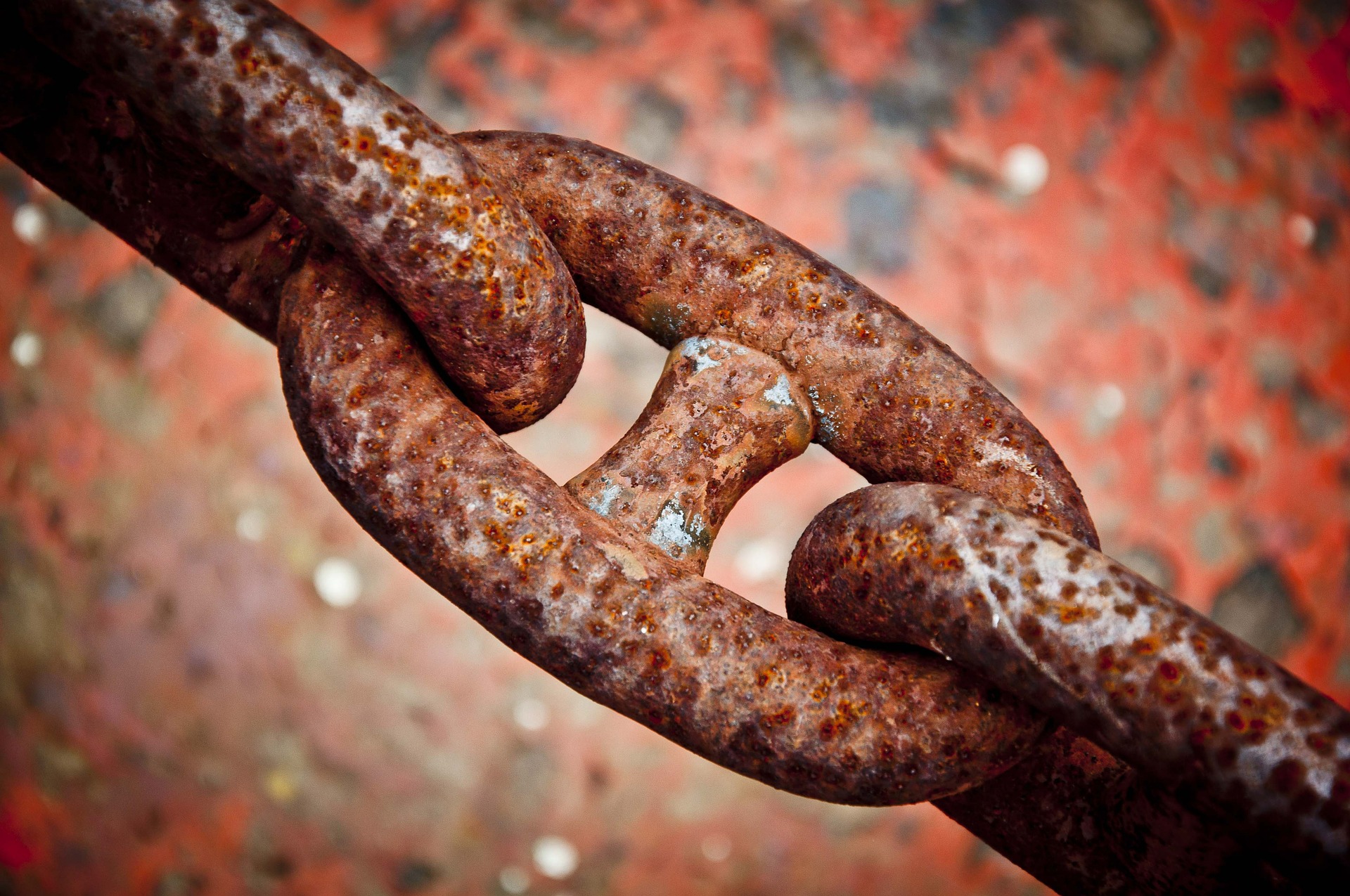The Modern Slavery Act was a major achievement of the Coalition Government in combating this brutal form of organised crime in which people are treated as commodities and exploited for criminal gain.
But just to recap, what is the Modern Slavery Act and what does it have to do with our human rights?
What is the Modern Slavery Act?
The Modern Slavery Act is a law passed by the Government one year ago today. Its aim was to put a stop to crimes involving trafficking and forced labour and to stamp out modern slavery once and for all. It did this by imposing tougher penalties on offenders and strengthening protections for victims.
Is Slavery still a problem?
 © Nils Hamerlinck
© Nils Hamerlinck
Although it is over 200 years ago that the British House of Commons passed historic legislation making the slave trade illegal, slavery still exists today in many shapes and forms. The most prevalent form of modern slavery is people trafficked in and out of the UK who are then exploited for profit. This can be sexual exploitation, with many trafficked women and UK nationals being forced into prostitution, or it can take the form of non-sexual forced labour where people are forced to work in, for example, fields, factories, or fishing ships. It also refers to domestic workers that are imprisoned and forced to work all day and night with little or no pay.
A Government report in 2013 estimated the total number of victims of modern slavery in the UK to be between 10,000 and 13,000, although the precise number is difficult to define.
Key changes the Act brought about
The Act brought about a number of changes. The key ones are:
- It increased the maximum penalty for the offences of human trafficking and slavery, servitude and forced or compulsory labour from fourteen years to life imprisonment.
- It clarified the law on these offences to strengthen protections for victims. For example, it added that if a victim consents to a modern slavery offence, this does not mean that the crime did not take place.
- It established the Independent Anti-Slavery Commissioner. This is a person appointed by the Government whose job it is to encourage good practice in the detection, prevention and prosecution of slavery and human trafficking and in the identification of victims of modern slavery offences. It can do this by submitting reports to Government and making recommendations to Government departments about the exercise of their functions.
- It created an obligation on companies to publish a slavery and trafficking statement setting out the steps it has taken to ensure there is no slavery or trafficking in its supply chains or own business. For an example, see the car manufacturing company, Ford UK’s, statement here.
What does the Modern Slavery Act have to do with Human Rights?

Article 4 of the European Convention on Human Rights, which was incorporated into UK law by the Human Rights Act 1998, prohibited slavery and forced labour. Specifically, it said that no one should be held in slavery or servitude or be required to perform forced or compulsory labour. See our jazzy poster on the right here and our explainer on why slavery still matters. The Modern Slavery Act attempts to make this protection as strong as possible in UK law.
Has the Modern Slavery Act been effective?
Although the Act is too new for there to be any developed statistics on prosecutions brought under it, certain of its cases are making headlines. In February 2016 the owner of a bed manufacturing company, Mohammed Rafiq, was imprisoned for 27 months under the new human trafficking offence for deceiving Hungarian workers into coming to the UK with the promise of good work but instead treating them inhumanely. Mr Rafiq employed large numbers of Hungarians in his business Kozee Sleep in Yorkshire who were said to work up to 20 hours a day, five to seven days a week with little or no pay.
Are there any criticisms of the Act?

Campaign groups such as Anti-Slavery International and Focus on Labour Exploitation criticise the Act for not extending the reach of the slavery offence overseas and for not providing any oversight in relation to companies’ obligation to produce a Slavery and Trafficking Statement. They have also indicated that the Act is not as world-leading as the Government has suggested, with countries like Brazil and Belgium imposing many more innovative mechanisms to stop slavery. Check out the Focus on Labour Exploitation’s accountability hub to compare the efforts of different countries on eradicating slavery.
To find out more about the abhorrence of the historic slave trade, read our Explainer post.







